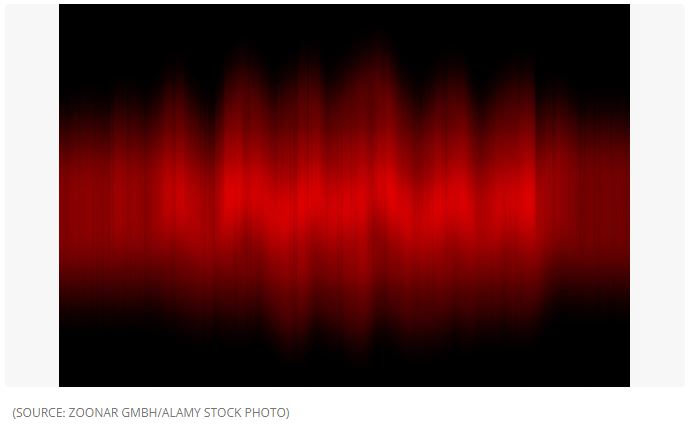NextNav, Anterix, Ondas join rush toward 900MHz opportunities
NextNav on Tuesday filed a petition with the FCC to open a portion of the 900MHz band for services including positioning and 5G.
And NextNav isn’t the only company working to introduce new communications services into the 900MHz band. Anterix, Ondas Networks and a variety of other companies are also eyeing the spectrum band for various communications services.
That’s not a surprise. Due to the band’s propagation characteristics, transmissions in 900MHz spectrum can potentially carry significant amounts of data across wide geographic areas, depending on how US regulators configure such operations.
As a result, such spectrum holdings can be very valuable. For example, T-Mobile is expected to begin selling a 13.5MHz slice of spectrum in the nearby 800MHz band for $3.6 billion or more.
The newest proposal
“In a time when spectrum is scarce, we have a solution to prioritize national security and public safety and free up spectrum for 5G. It’s a win for Americans and the US economy,” explained NextNav’s new CEO, Mariam Sorond, in a release.
In its lengthy new FCC filing, NextNav asked the FCC to reconfigure spectrum between 902MHz and 928MHz – dubbed by NextNav as the “Lower 900 MHz Band” – to support positioning, navigation and timing (PNT) services, as well as 5G.
“It is unlikely that the US government will subsidize an extensive, standalone terrestrial PNT network,” NextNav explained. “But there is a path to a widescale terrestrial PNT network if the FCC updates the rules for the Lower 900 MHz Band in a manner that allows it to be used for 5G so that the PNT network will be integrated within NextNav partners’ broadband networks.”
Continued NextNav: “Under this proposal, network partners would integrate NextNav’s Lower 900 MHz Band spectrum into their 5G networks, and NextNav would implement, operate, and manage additional PNT-optimized infrastructure over the 5G network.”
The company didn’t name any potential partners for its proposal.
To read the complete article, visit Light Reading.

















